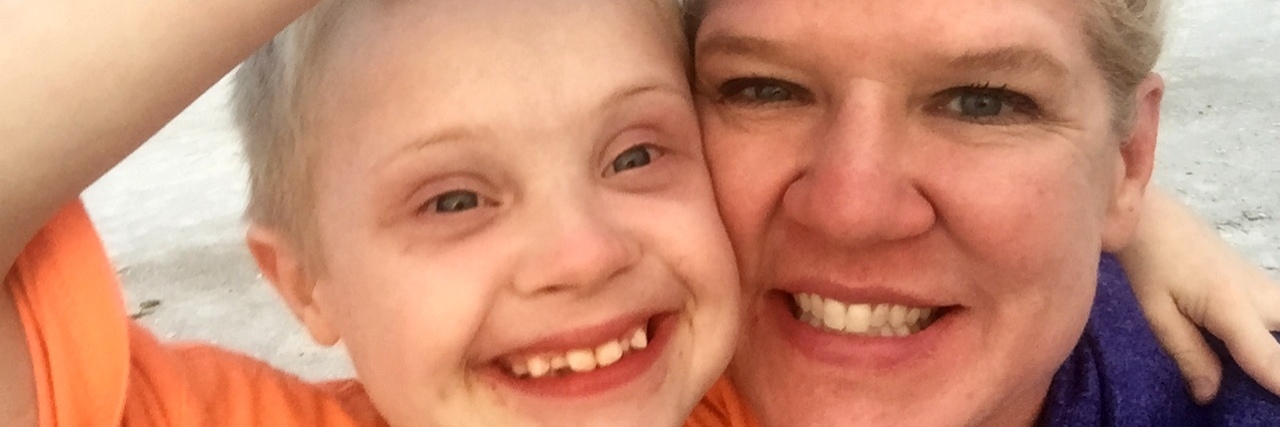When you have a baby with Down syndrome, well-meaning friends and family send you an essay called, “Welcome to Holland.” It was written by Emily Perl Kingsley — one of the first writers for Children’s Television Workshop and Sesame Street — a personal hero of mine for her work to change the national conversation about Down syndrome (she regularly featured her own son with Ds on Sesame Street).
If you haven’t read “Welcome to Holland,” the gist is that having a child with Down syndrome is like leaving for a trip you’d planned to Italy, only to find out on the plane you’ll actually be landing in Holland. You’ve learned Italian, you’ve mapped your route, you’ve packed for the weather in Rome, but now you’re in Holland. You weren’t ready for it, everyone else is bragging about Italy, and the pain of not getting to go there, “Will never, ever, ever, ever go away.” By the end of the essay, despite lamenting the loss of Italy, the author notices the quiet beauty of Holland.
I loathed “Welcome to Holland” eleven years ago, when I read it after my son was born. My visceral reaction was that it was saying my baby was somehow a letdown; something so foreign and unexpected that I should feel sad and disappointed. But I didn’t. Was I terrified? Absolutely. Especially in the beginning, when his medical issues were so daunting. But I was mostly grateful he was here, and healthy, despite the rocky beginning. It was abundantly clear to me then (and now) that our society doesn’t value people with Down syndrome the same way it values typical people. Brutal truth, but there it is.
So it became important to me that people see my son as “normal” — that despite the chromosomal bonus, he was just as worthy of being included in school, sports and activities as the other kids. That inclusion wasn’t just the legal thing to do, or the morally principled thing to do, but the best thing for everyone, since he brought a lot to the table, too. “Normal” was big for me because in my mind, the more “normal” he seemed, the less people would see his diagnosis. This is a big debate in the Down syndrome parents’ community, as we wring our hands about whether or not to talk to our kids’ classmates about what Down syndrome is or isn’t, and how to best facilitate friendships with typical kids.
But what I eventually realized is: the jig is up. Everybody knows he has Down syndrome, and the earth continues to spin on its axis. Some of his classmates love him and are patient when it takes him a few seconds longer to share his beloved knock-knock jokes or finish his science presentation, and others likely think he’s different. So it goes.
Since our last Down Syndrome Awareness Month, we’ve added celiac disease and a hearing aid to the mix. Those things set him apart, too, and add to his differences. But he’s far from alone in that. His big sister, who’s standard issue in terms of chromosomes, will never know what it’s like to eat something without having to think about her egg allergy. She’ll never walk into a random (not carefully researched and fully vegan) restaurant and order anything she wants; she can’t even set foot in most restaurants. My youngest child, God love him, can deliver a 10 minute polemic on why Hades is the most underrated Greek god, complete with illustrations. Is that “normal” for a 9-year-old boy? Likely not.
The older I get, and the more I see, the less I care about “normal.”
The more I embrace the different and wonderful in my own family, the more I appreciate the beauty in other people airing out their own differences. I guess that’s my real problem with “Welcome to Holland” and our cultural inclination to conform. Because I don’t think the tulips and windmills in Holland are any less beautiful than the Venetian canals or the Coliseum. Different, yes. But they’re every bit as lovely, and our world is far richer for having all of them.
We want to hear your story. Become a Mighty contributor here.

